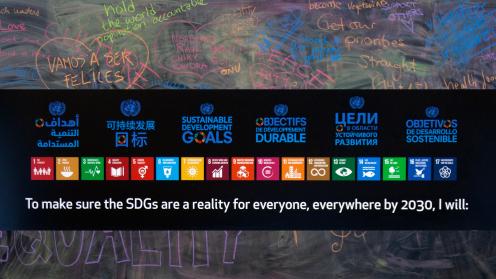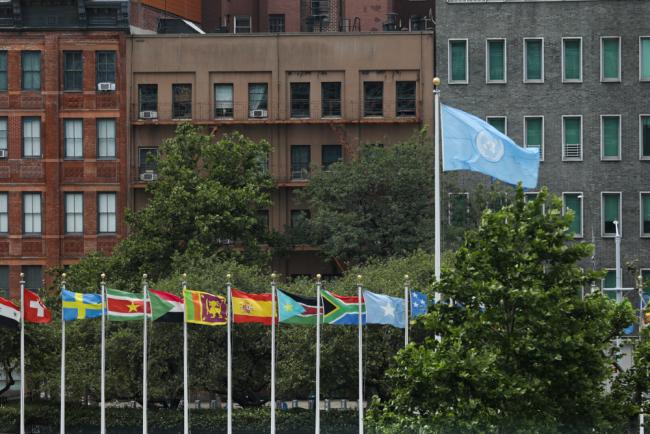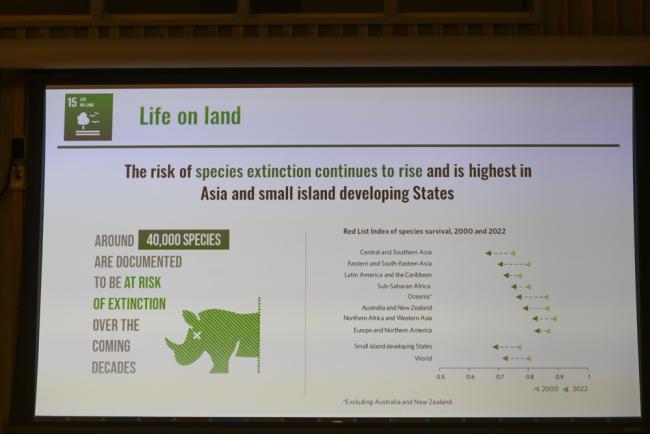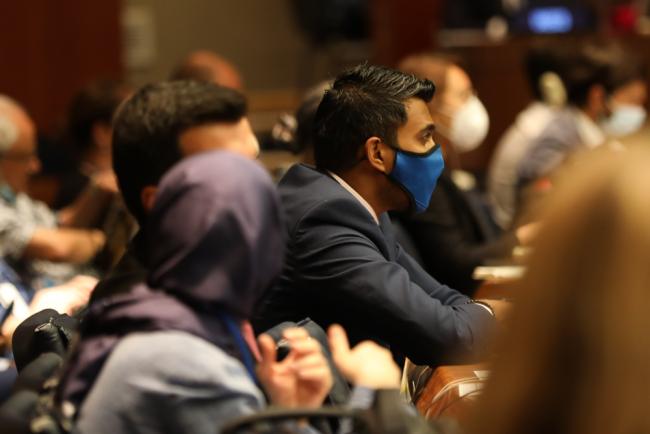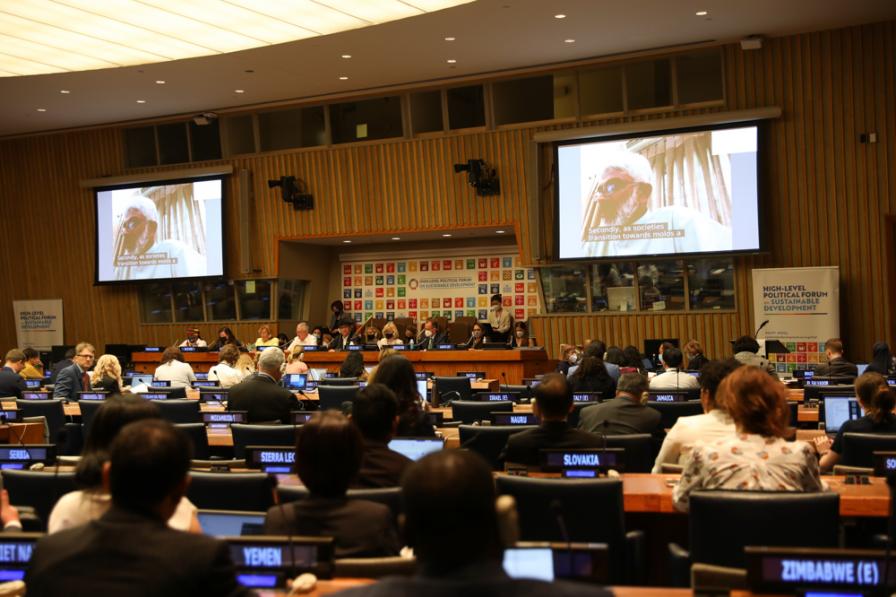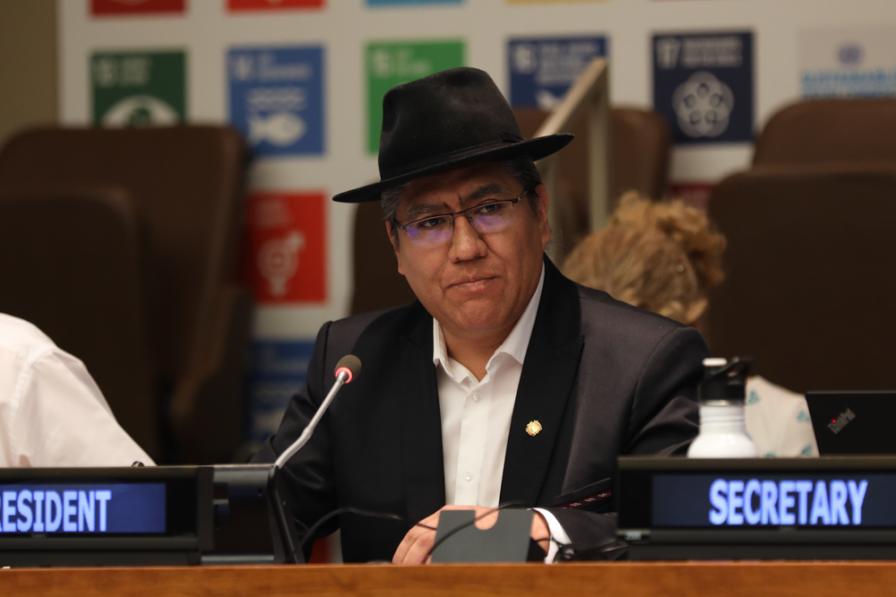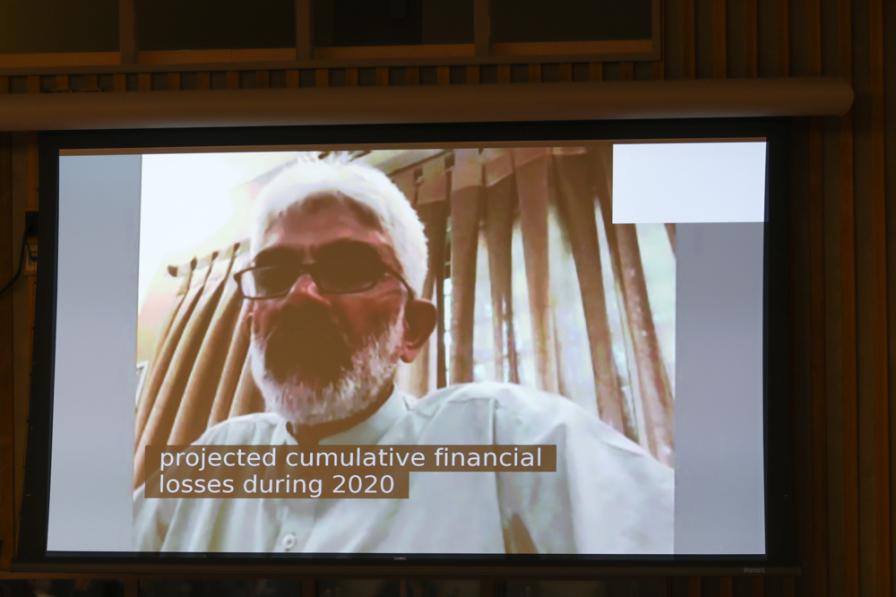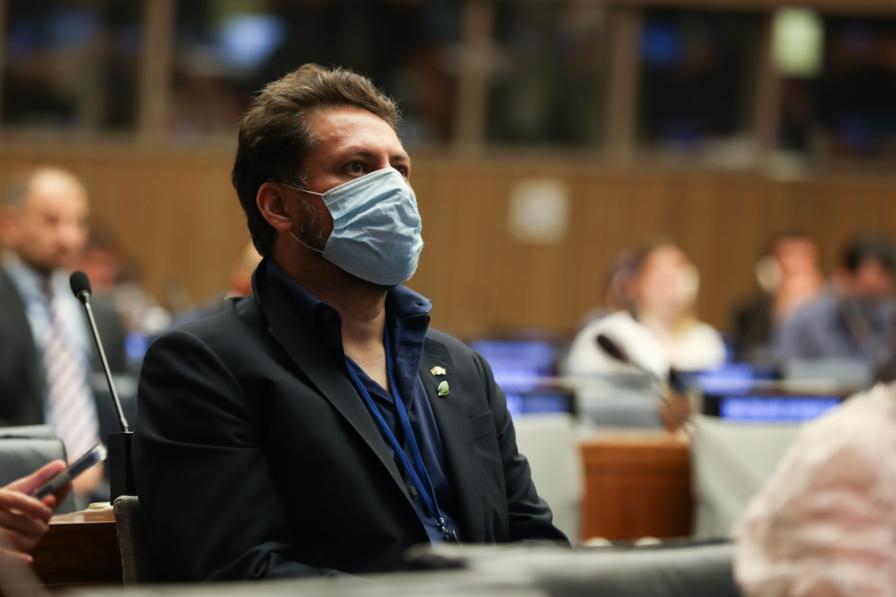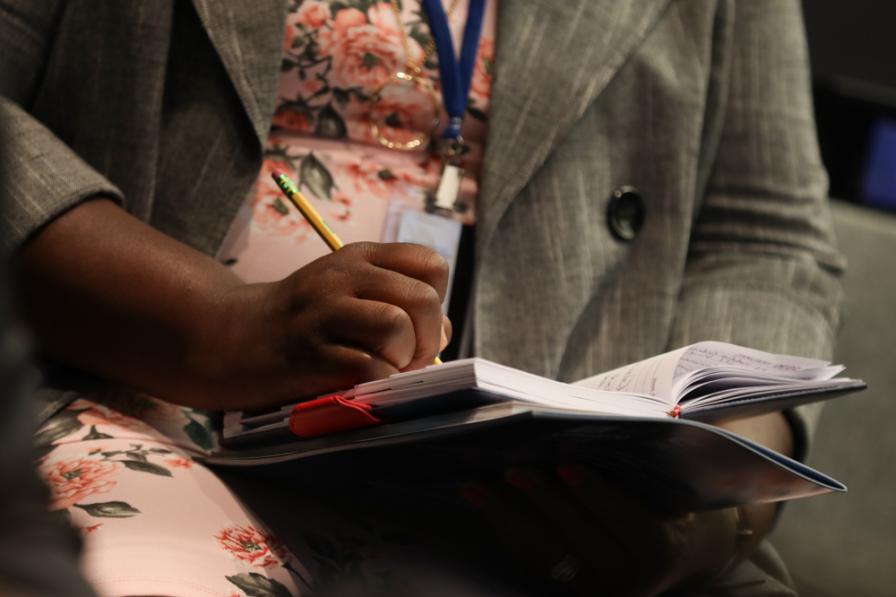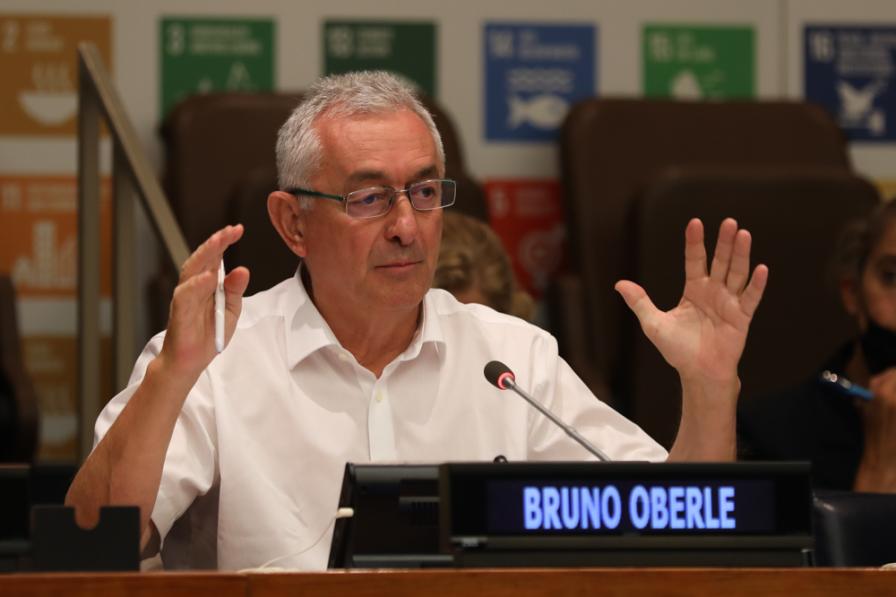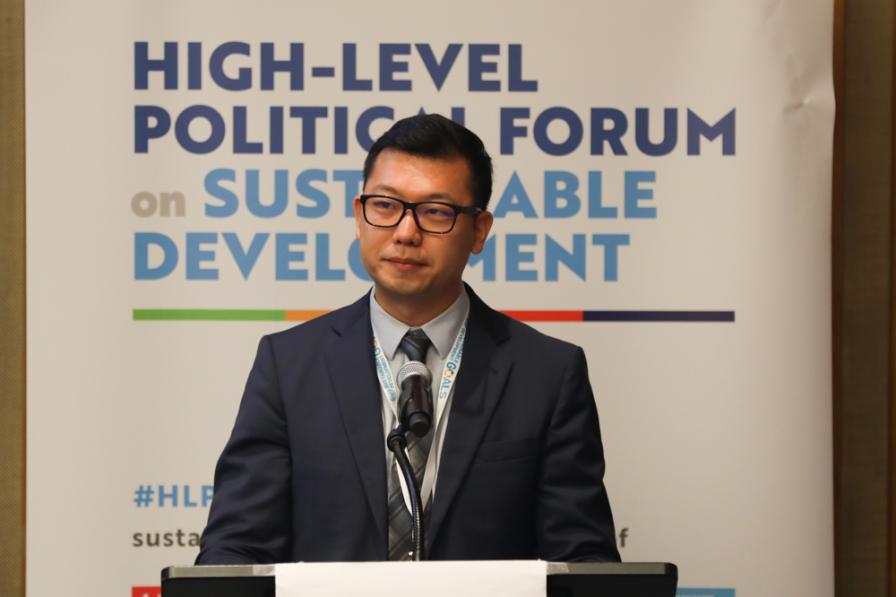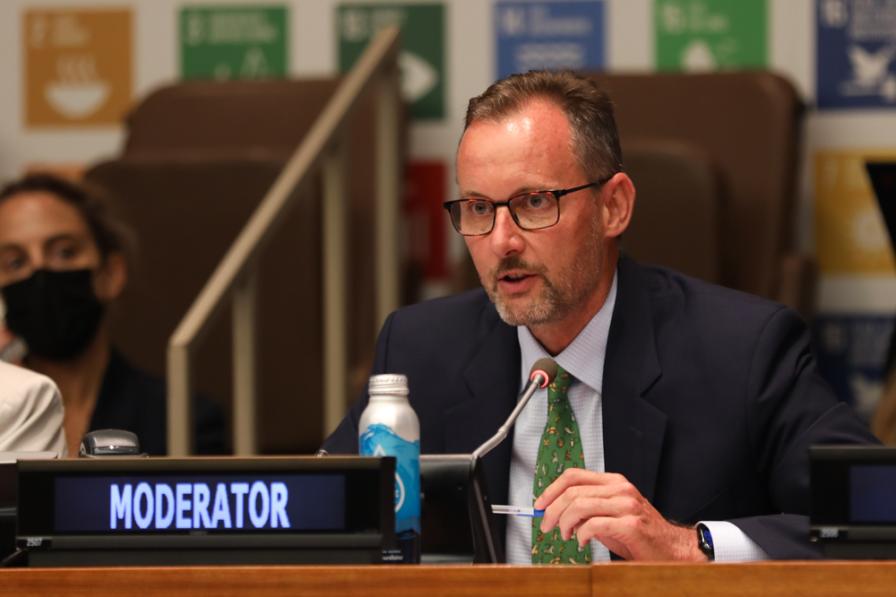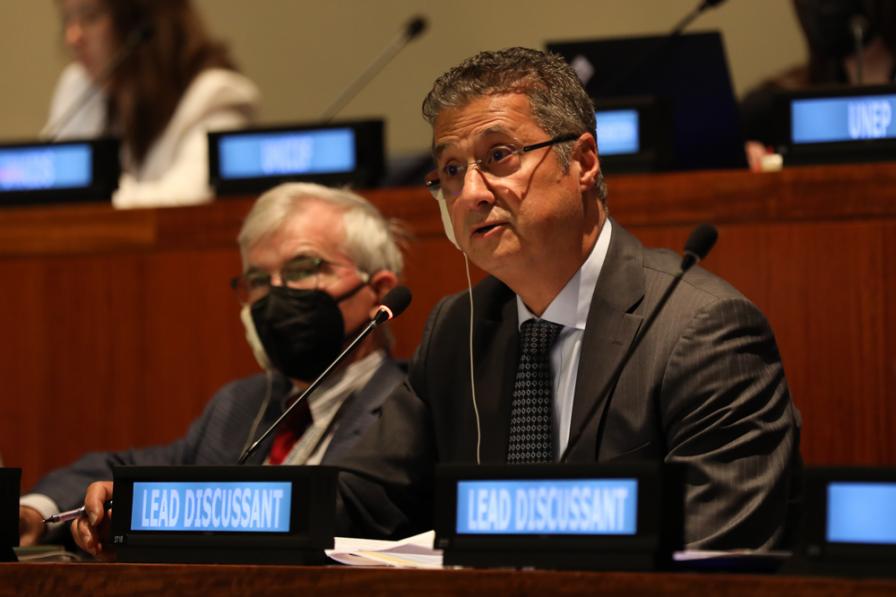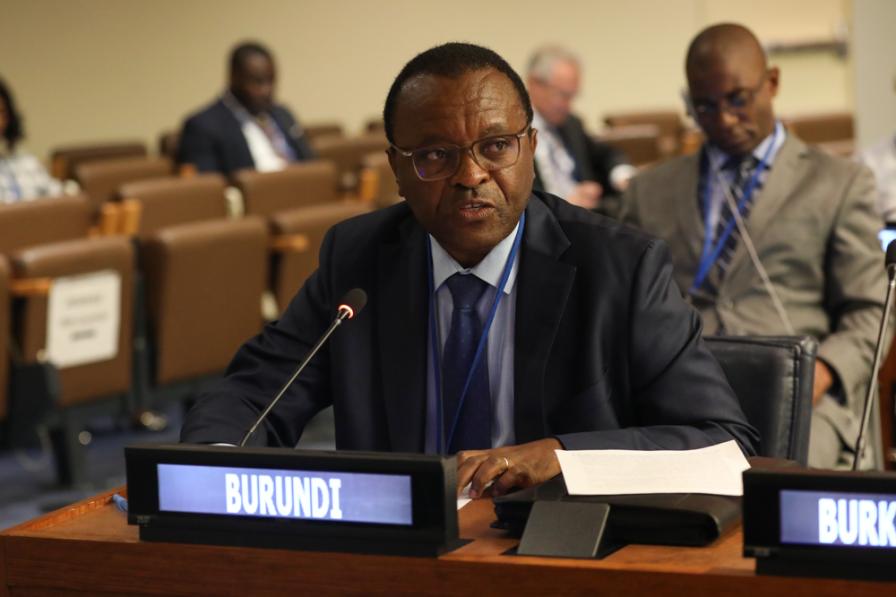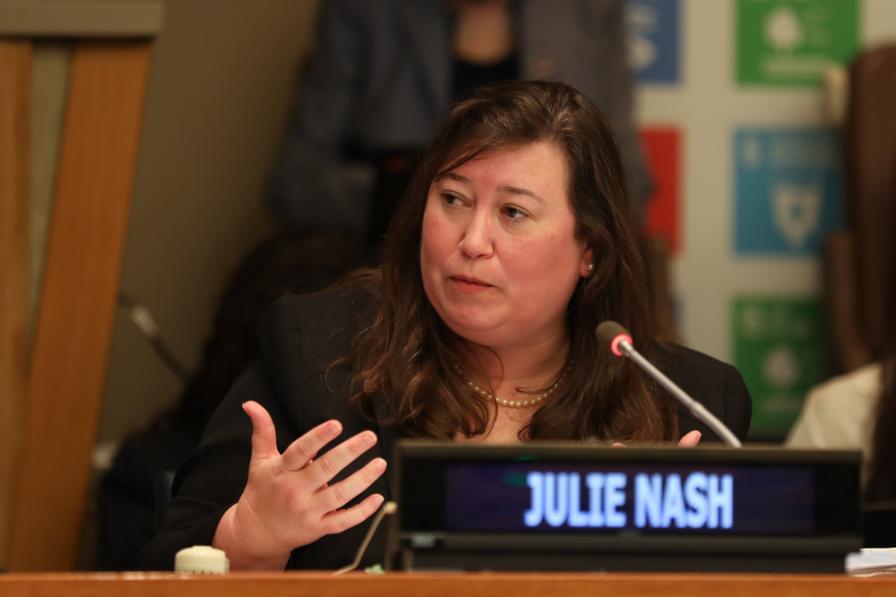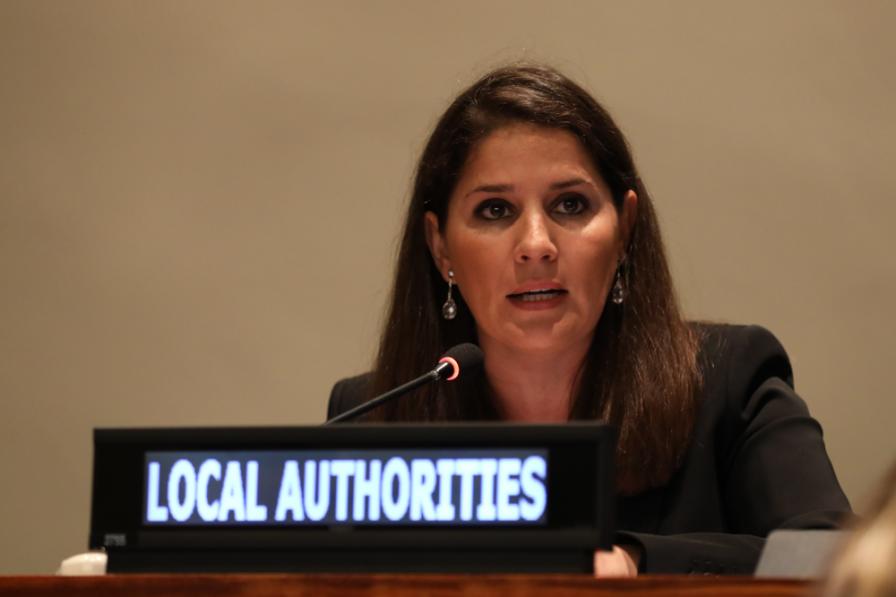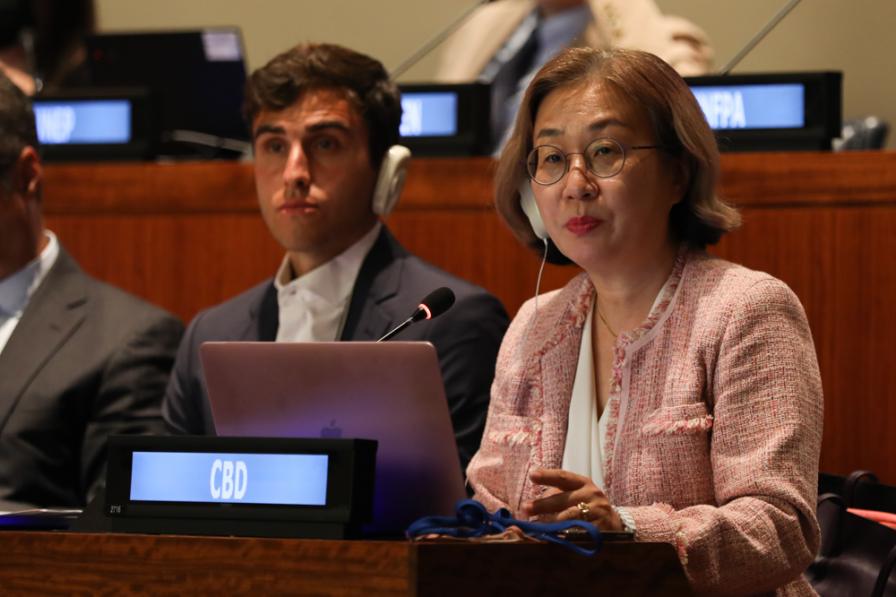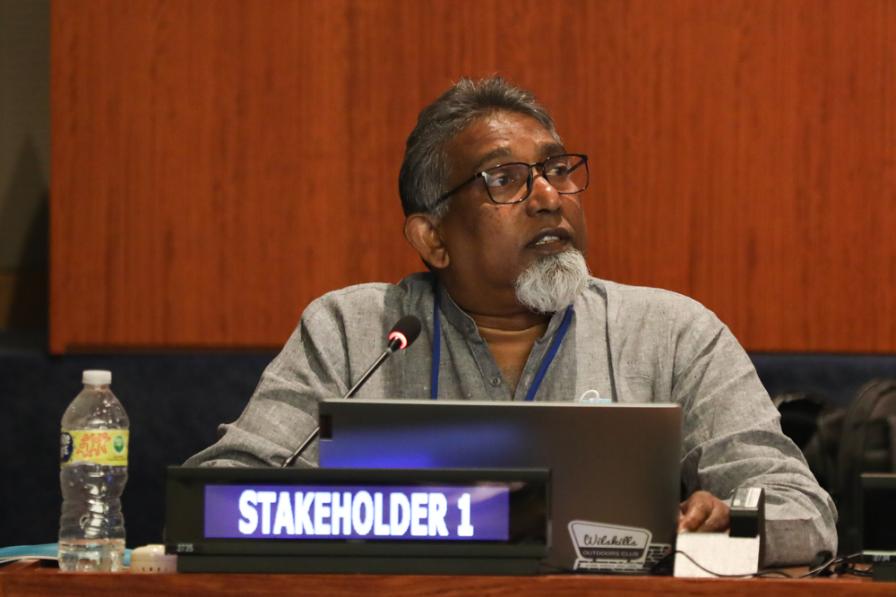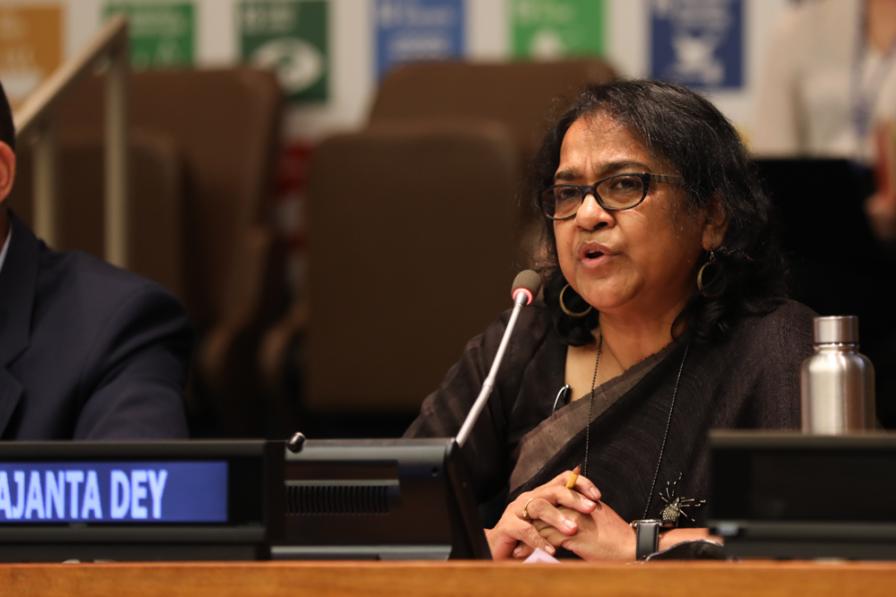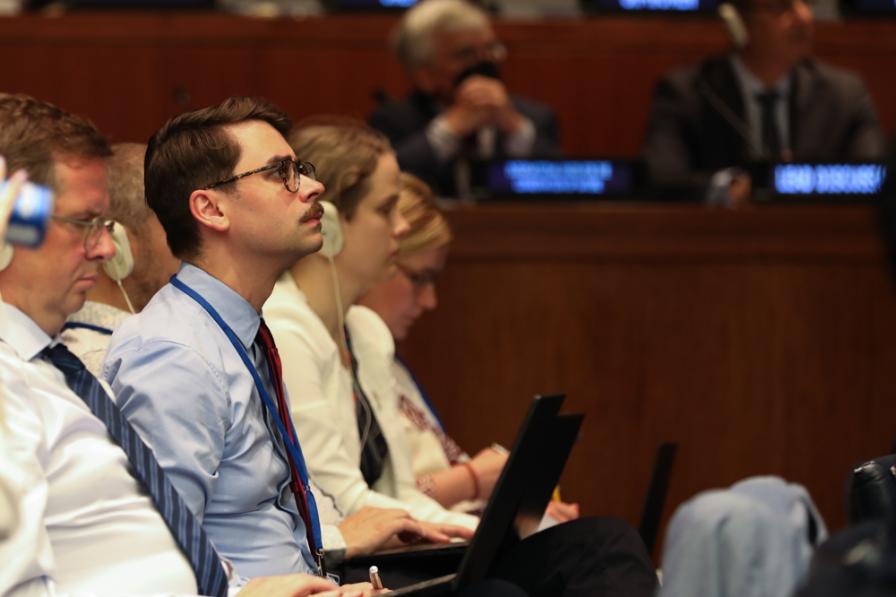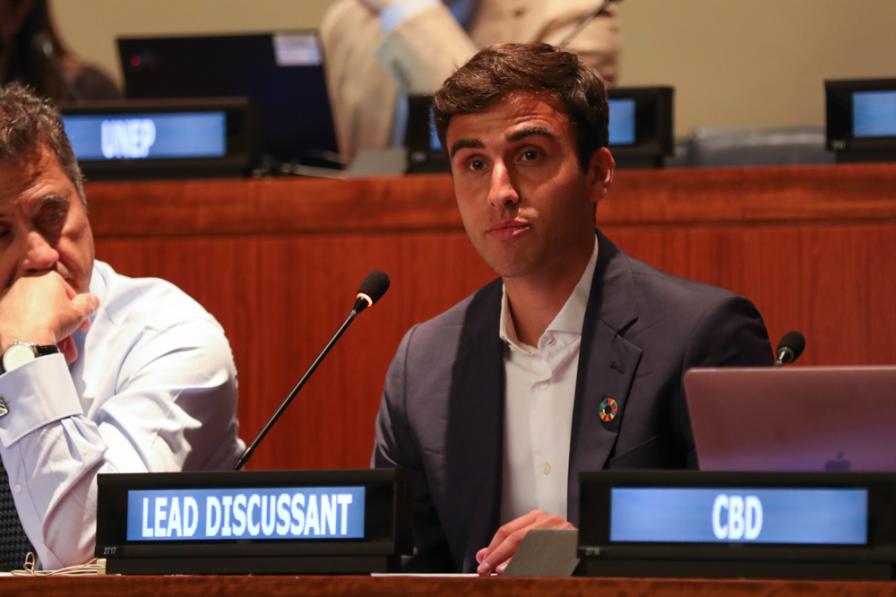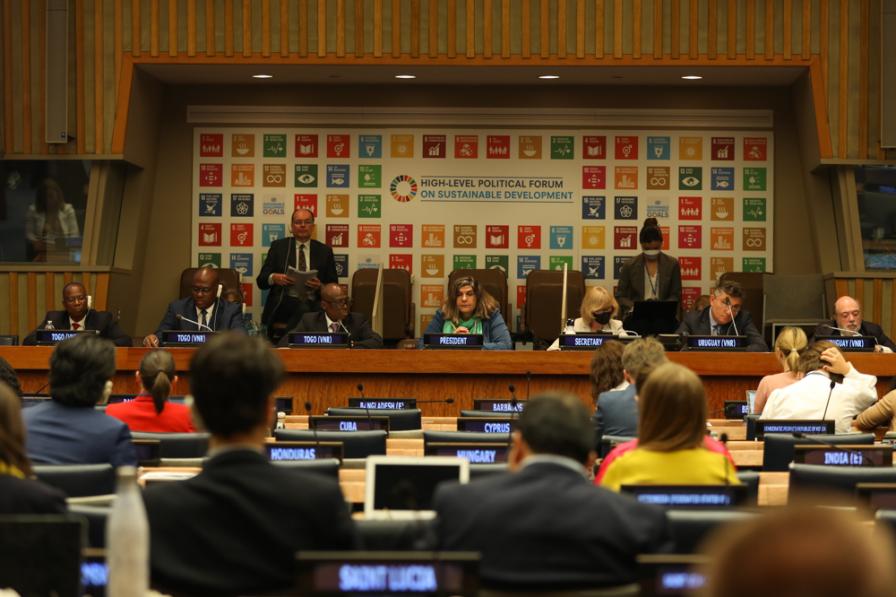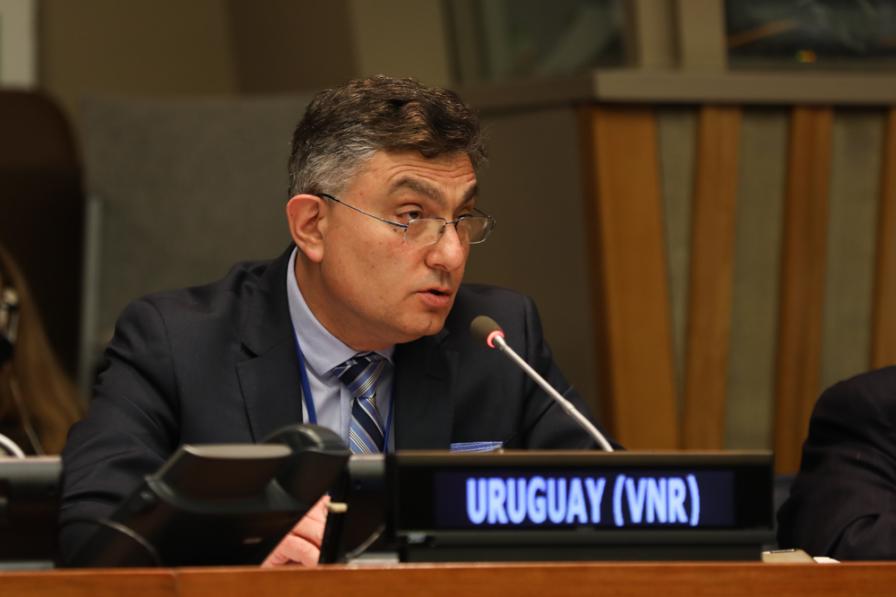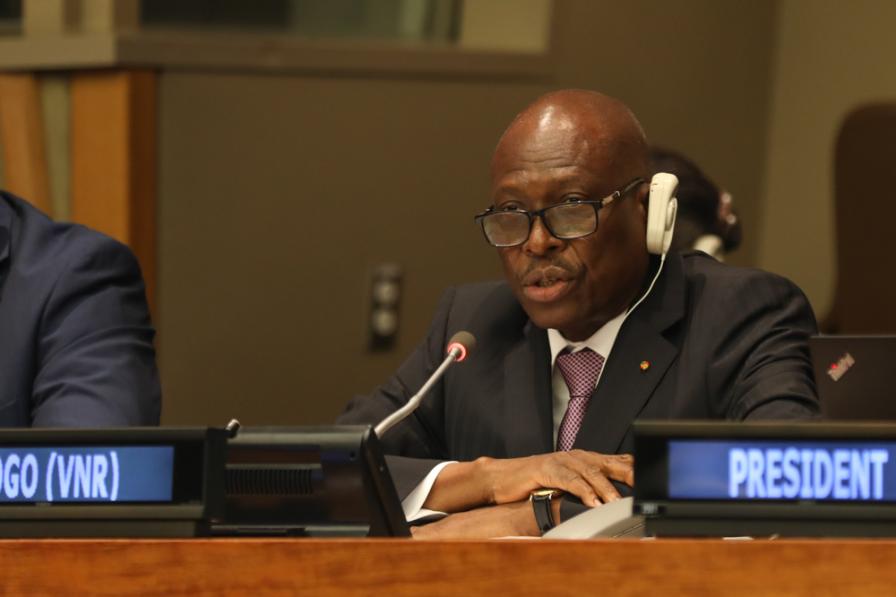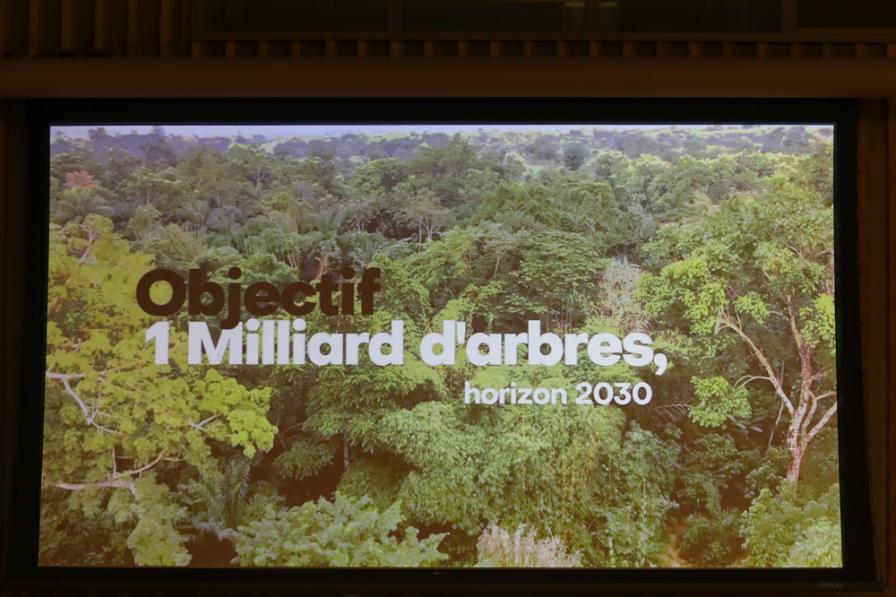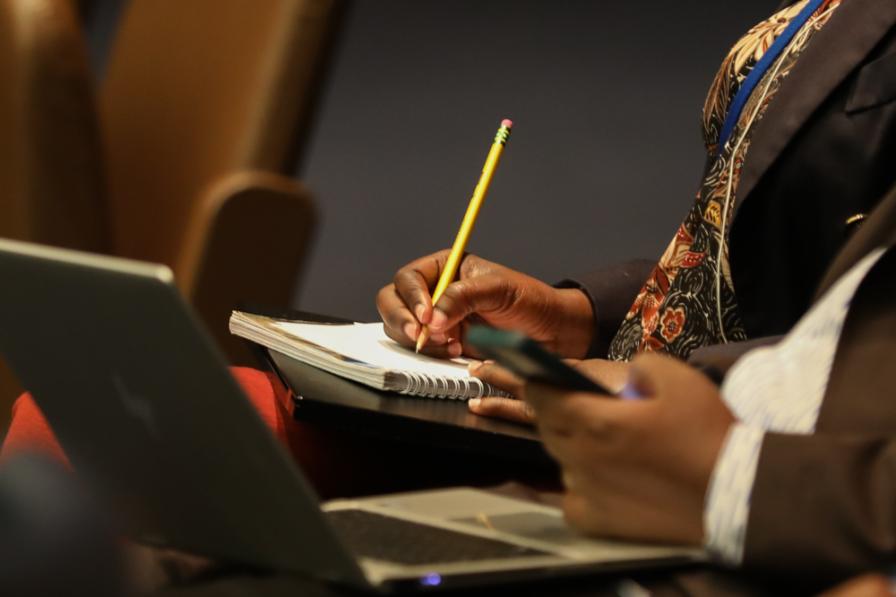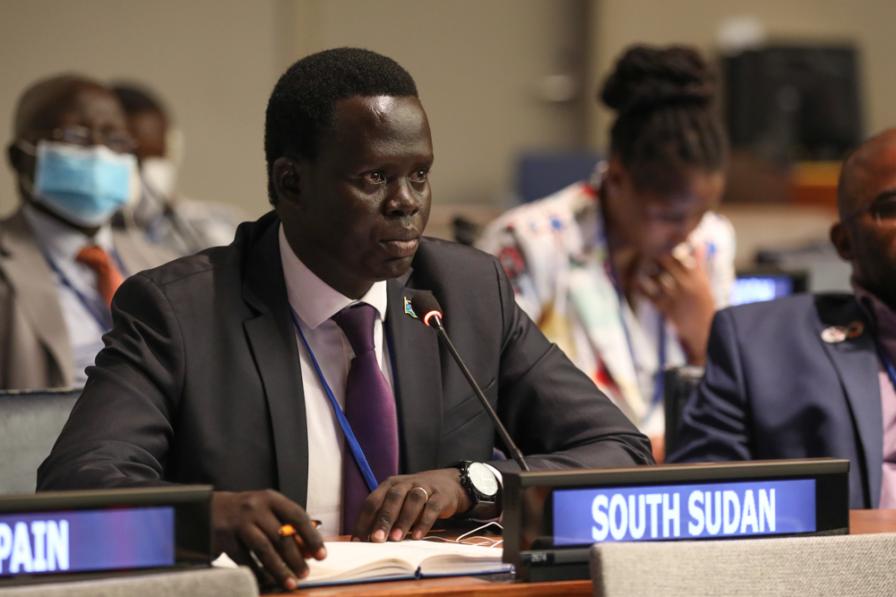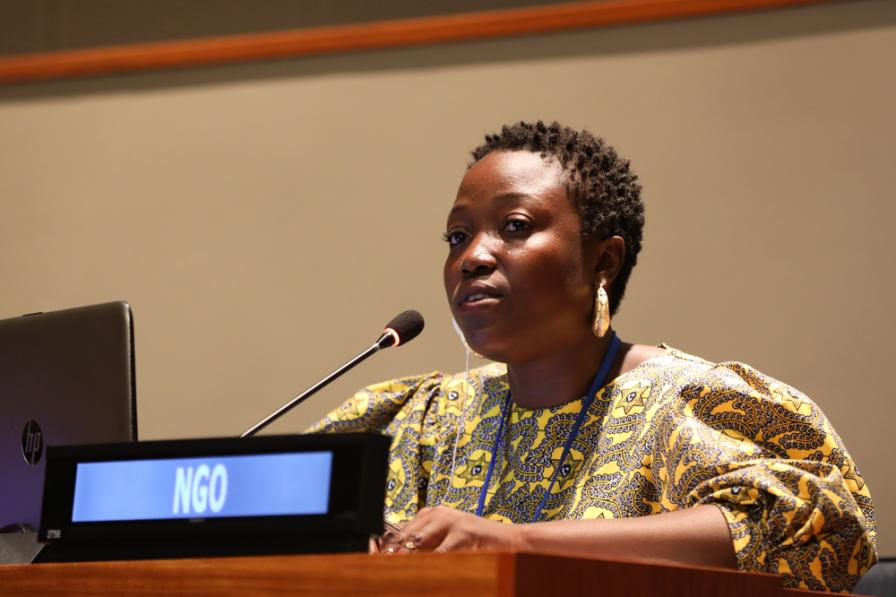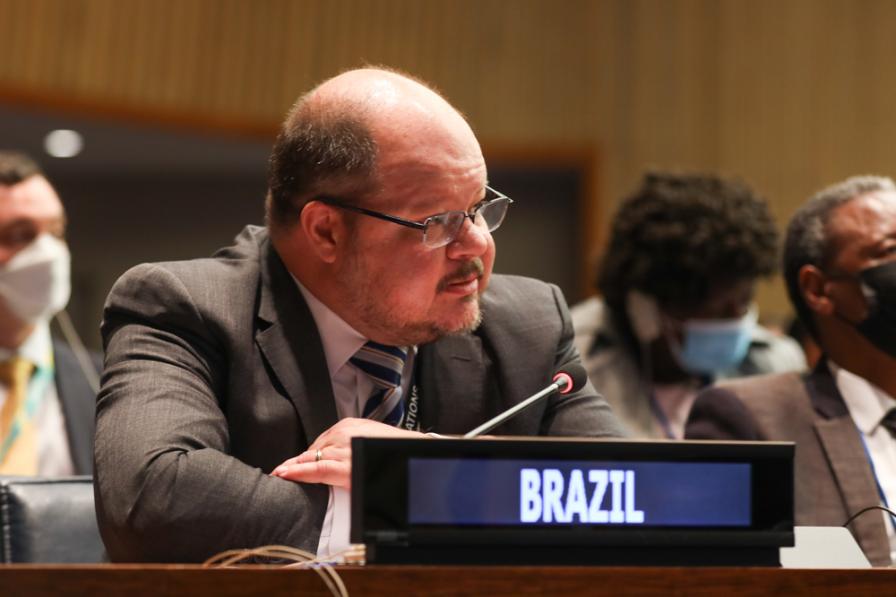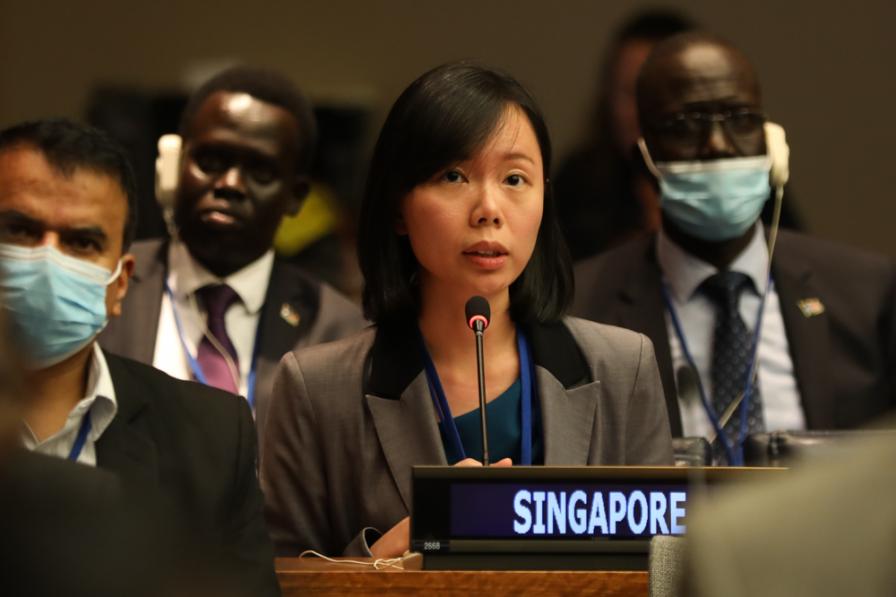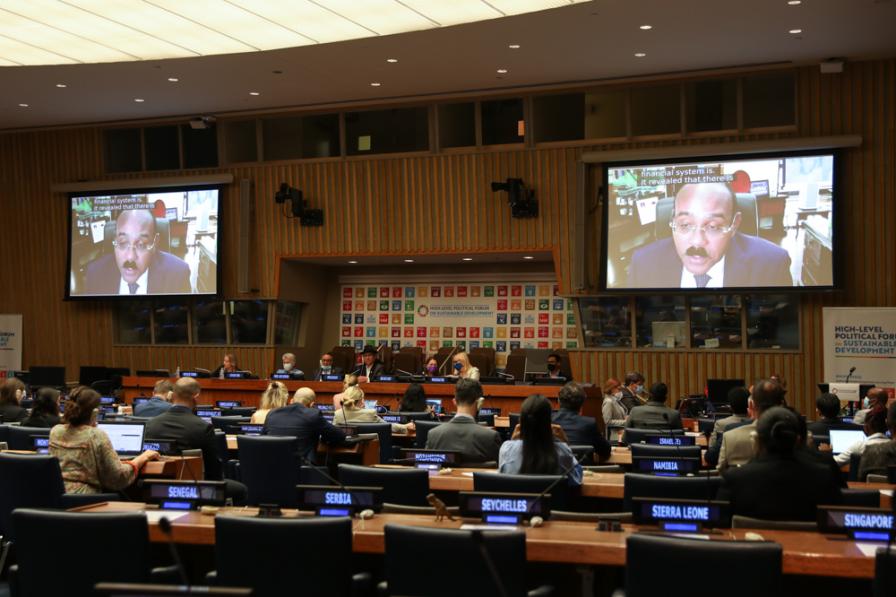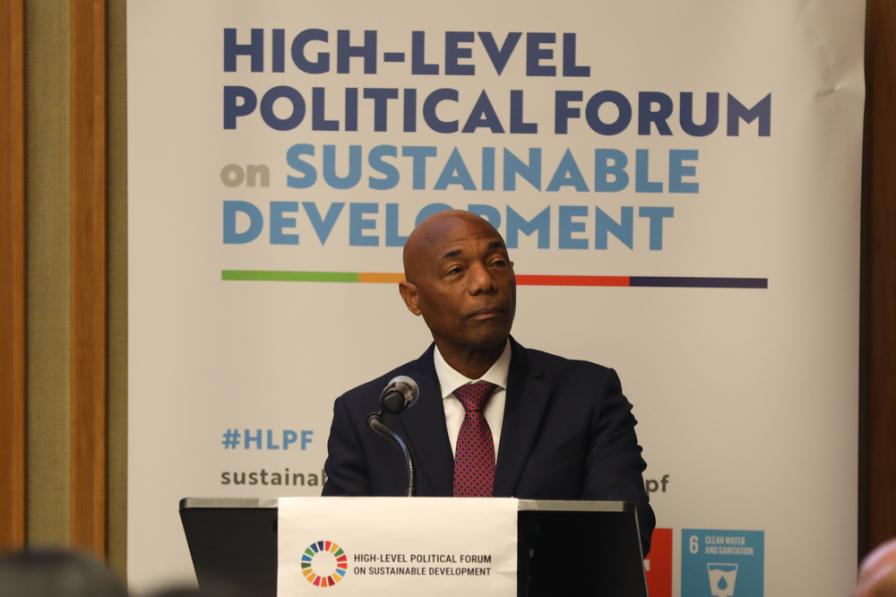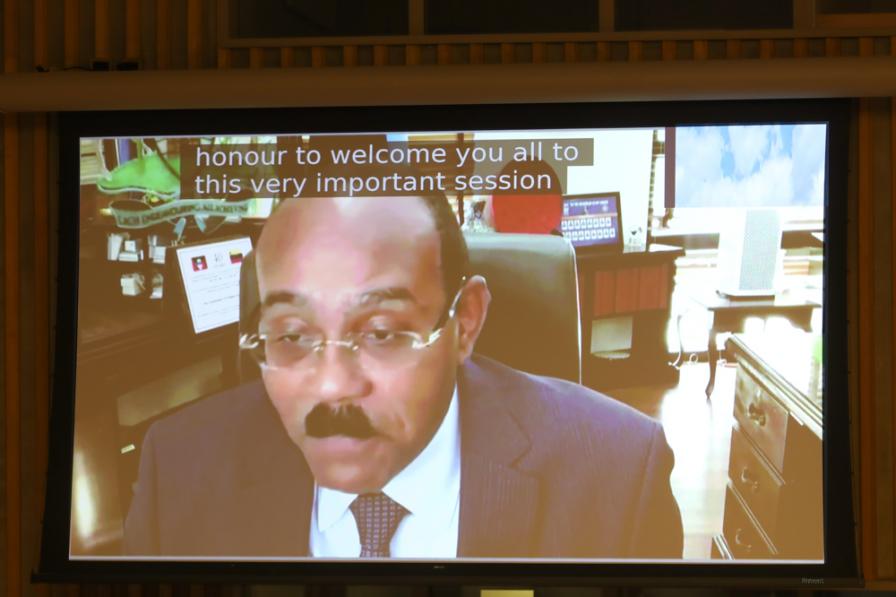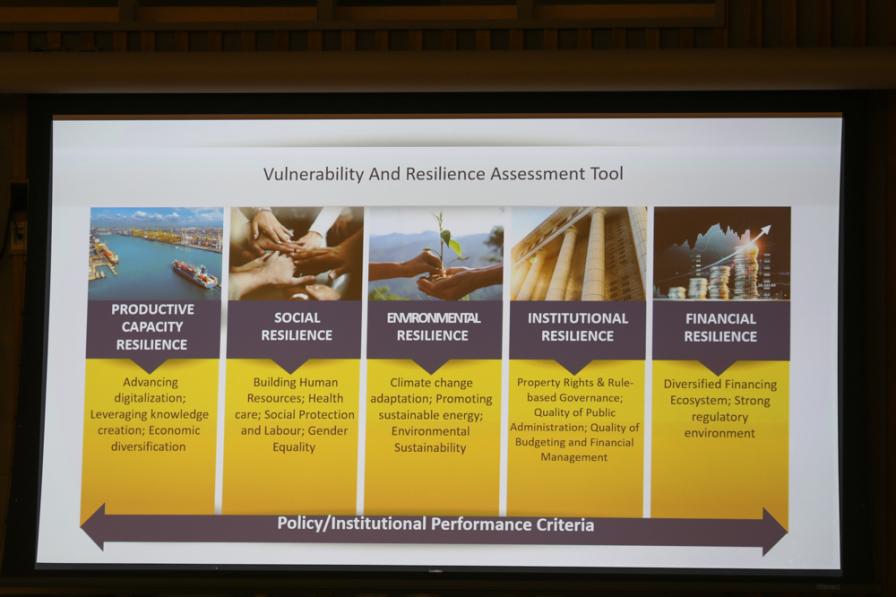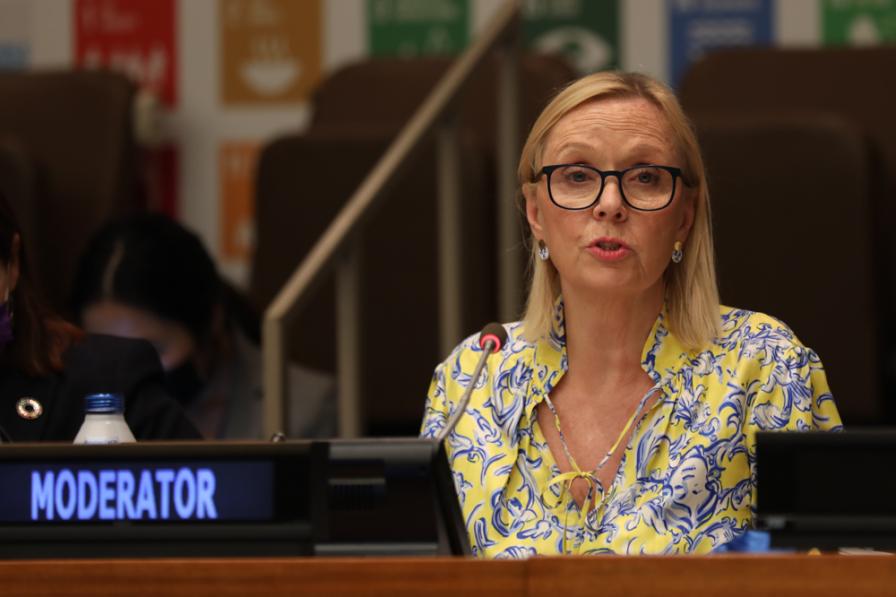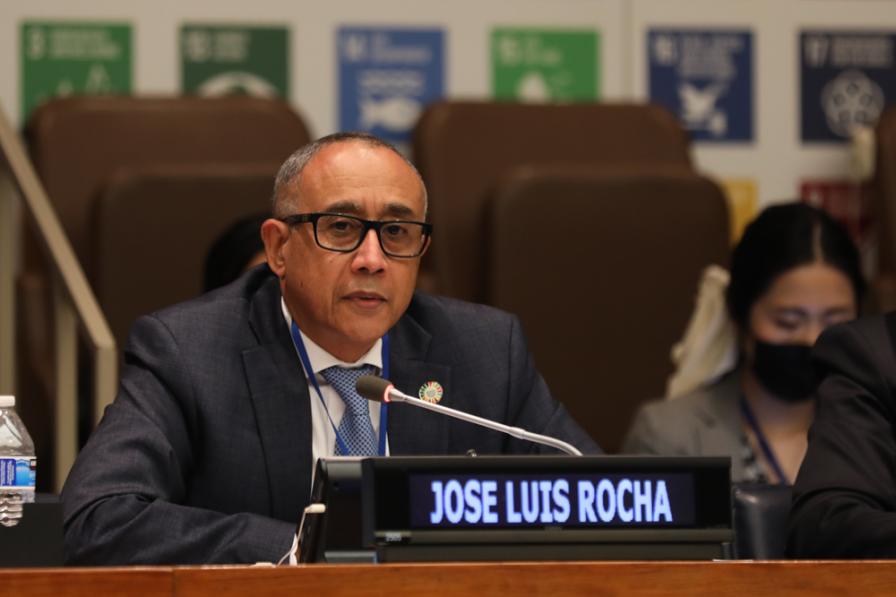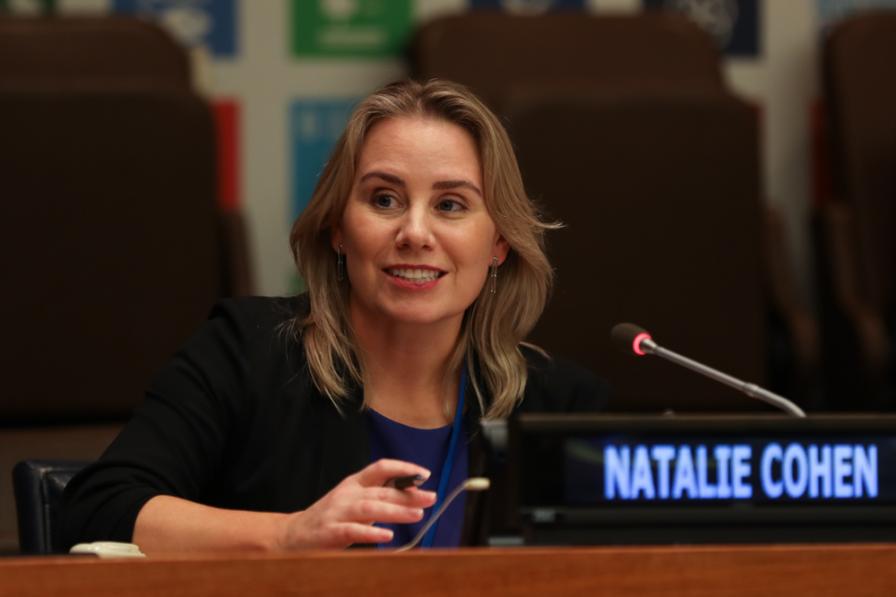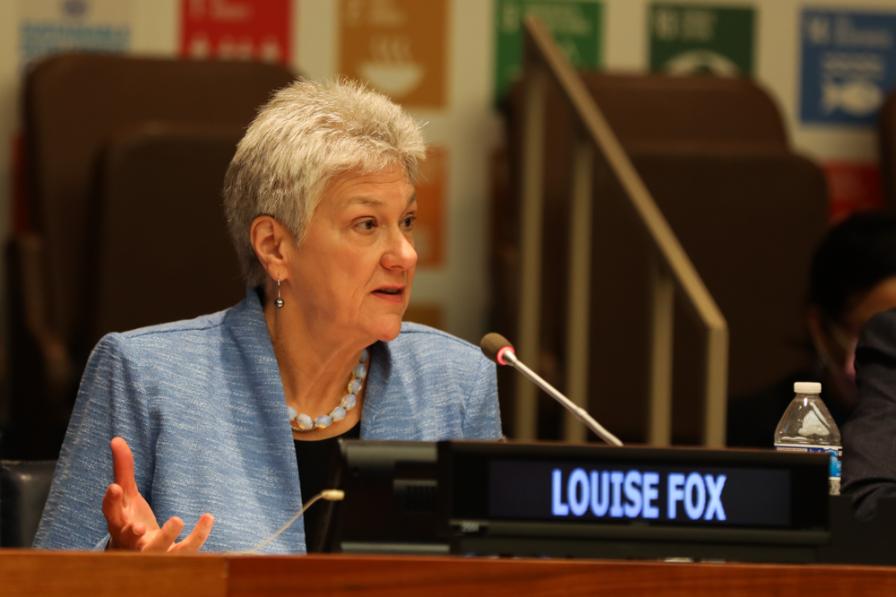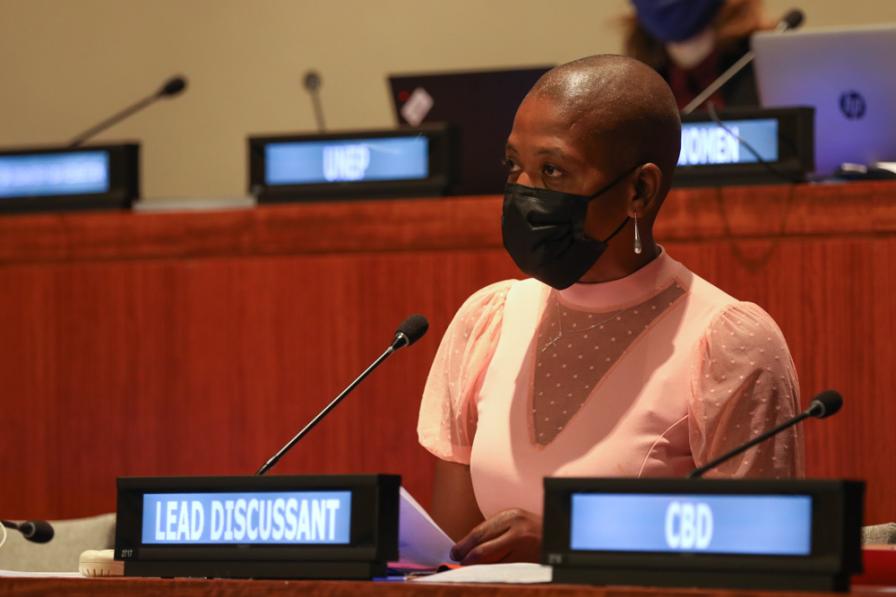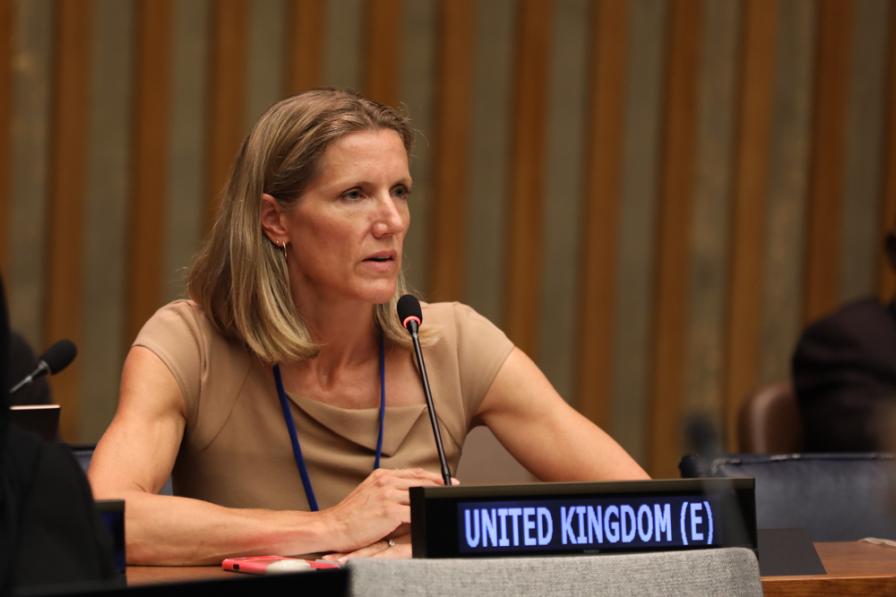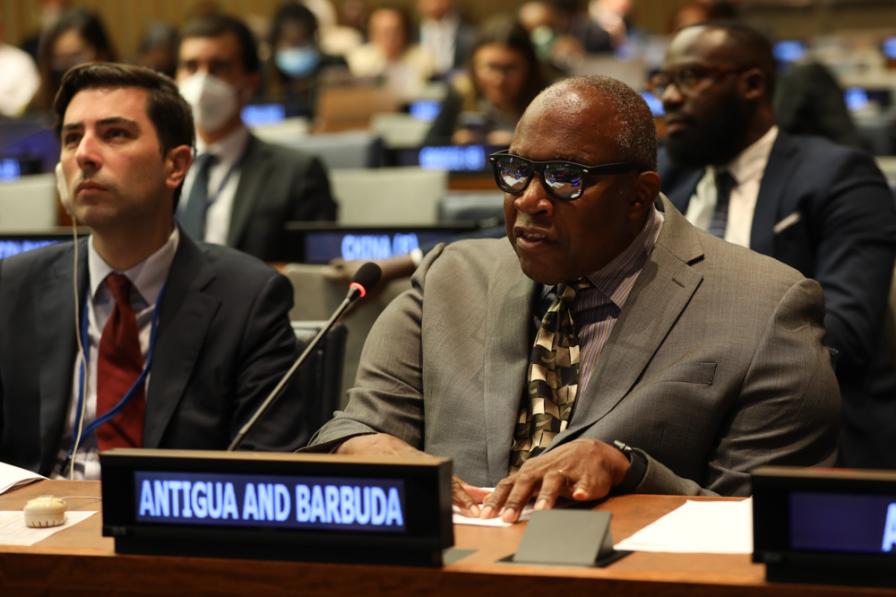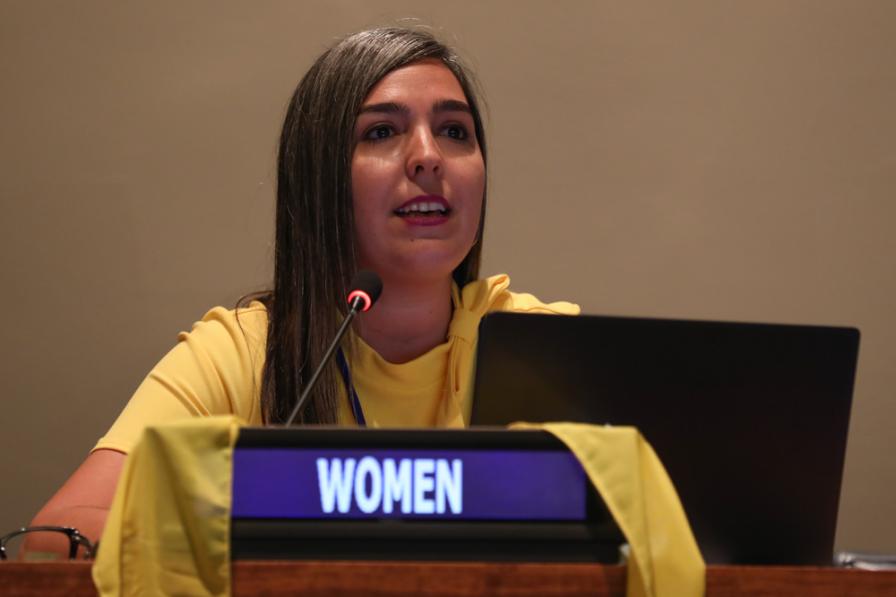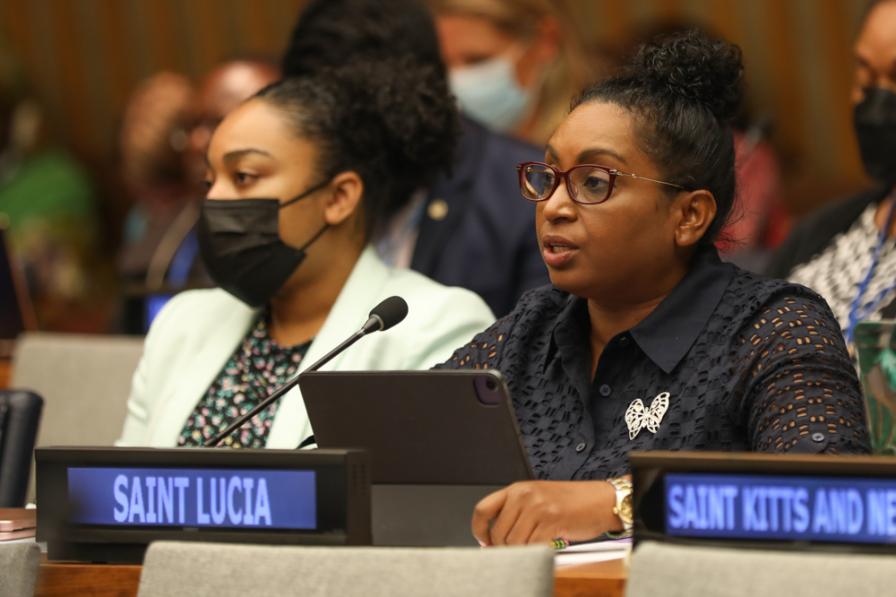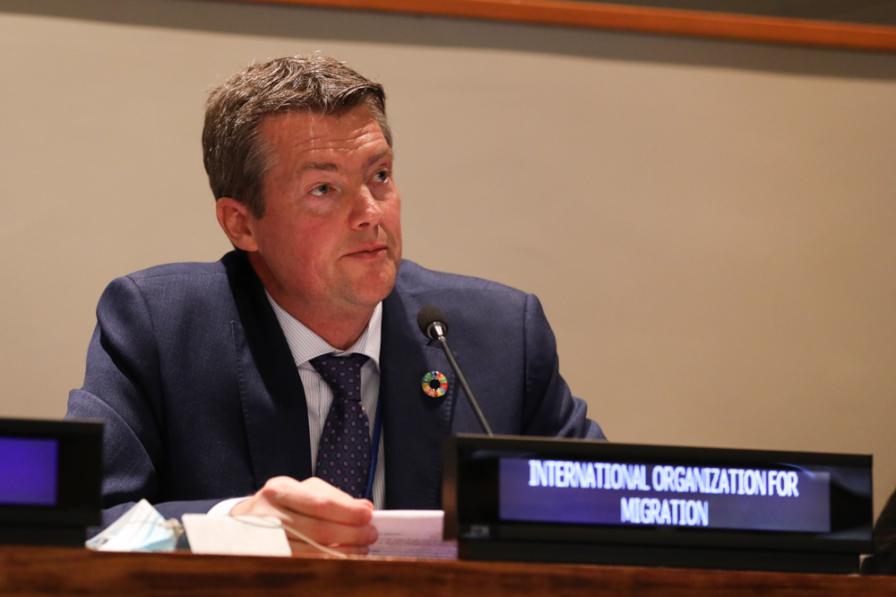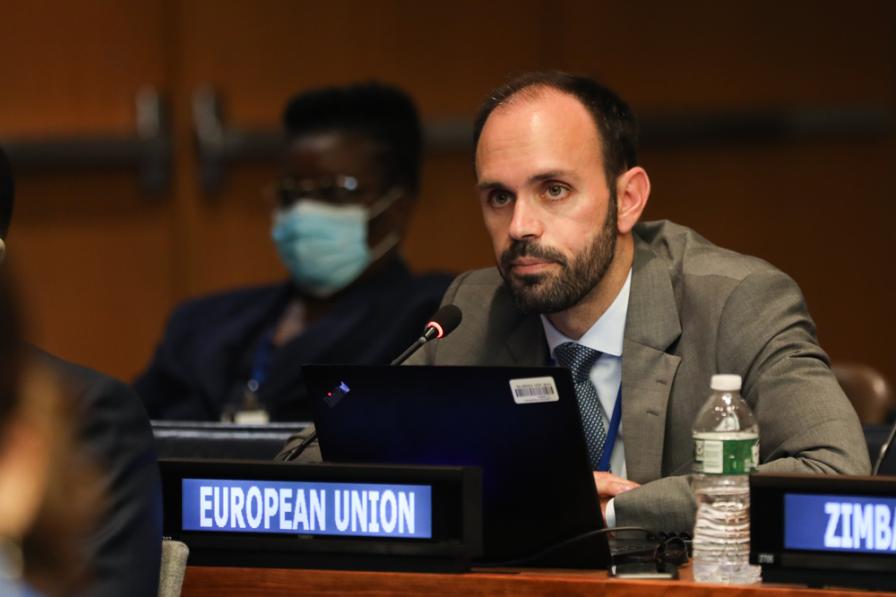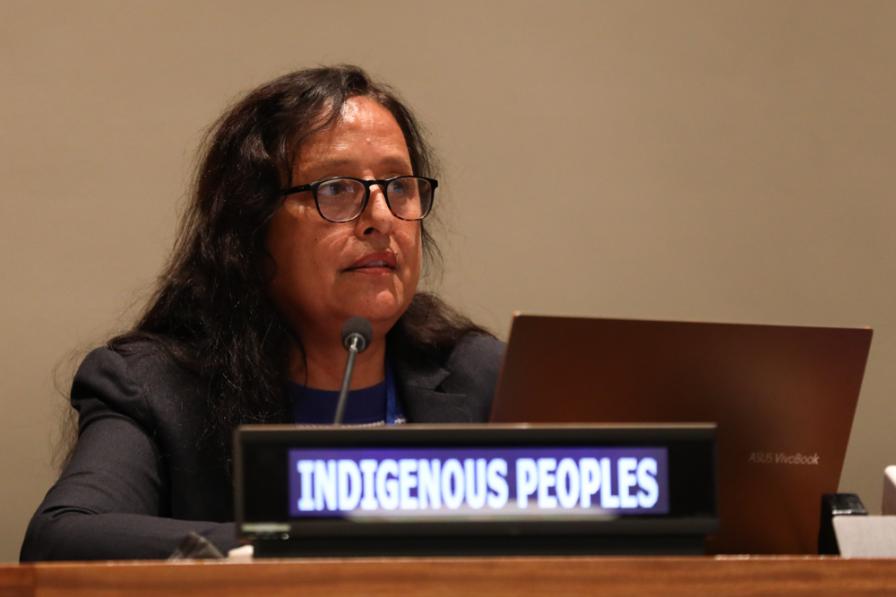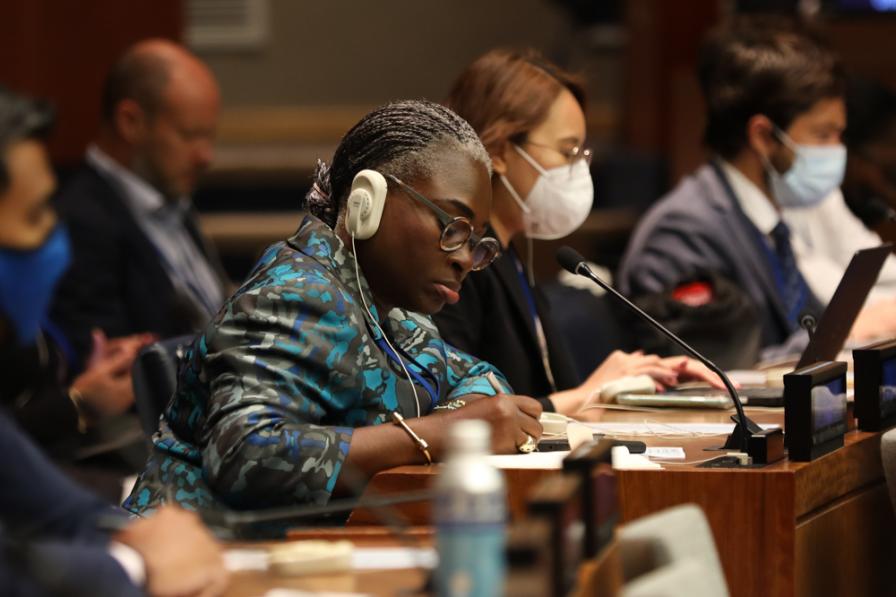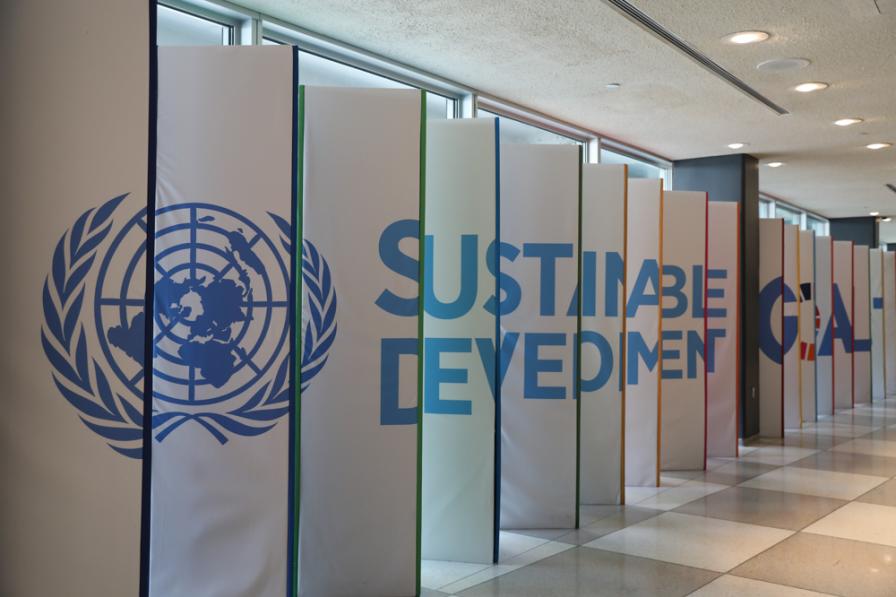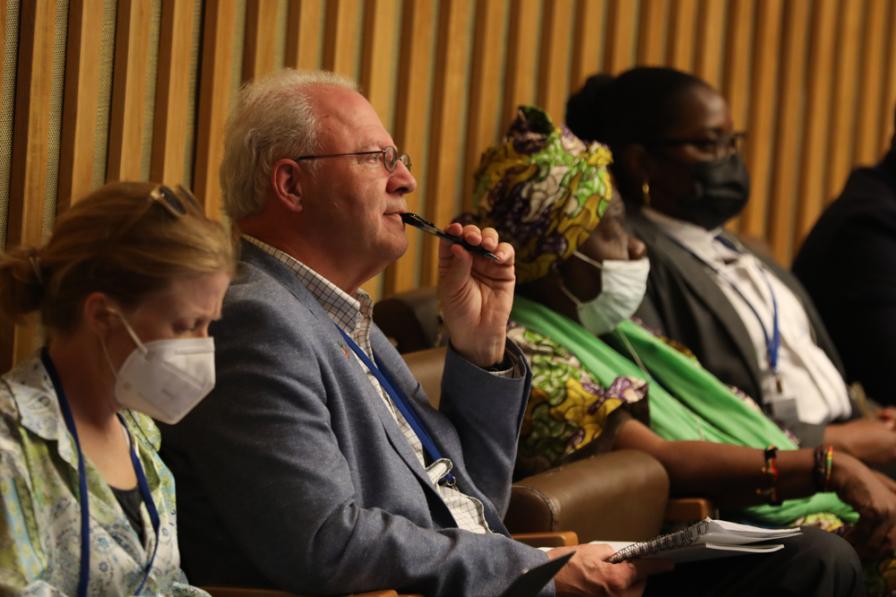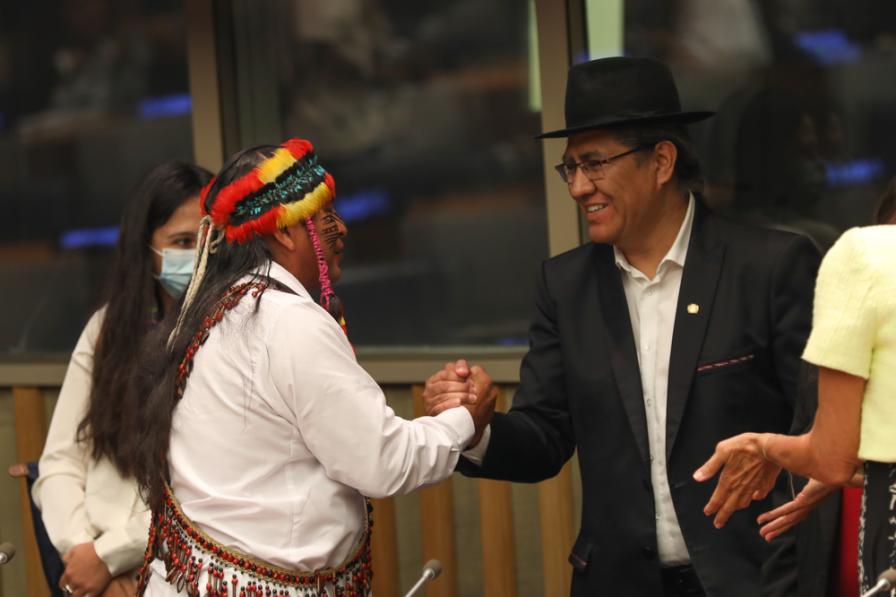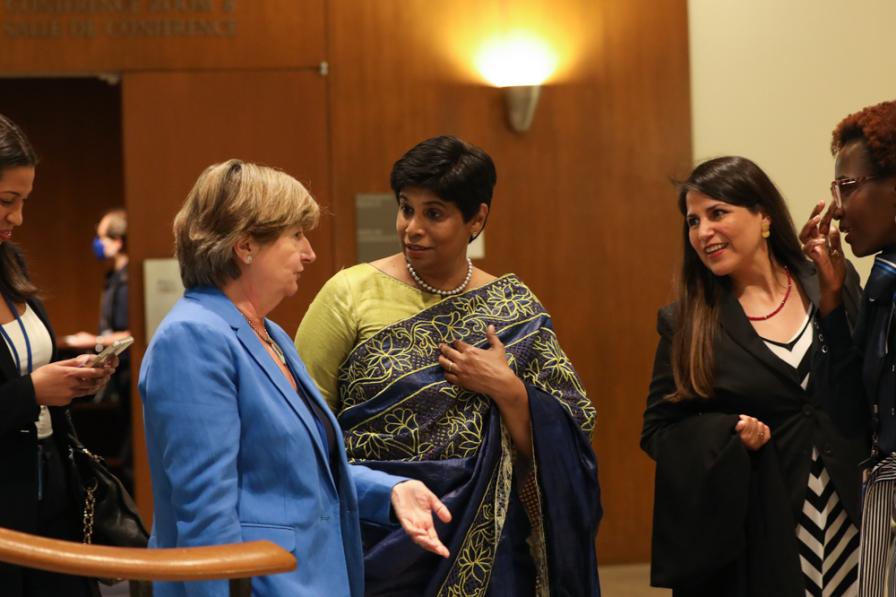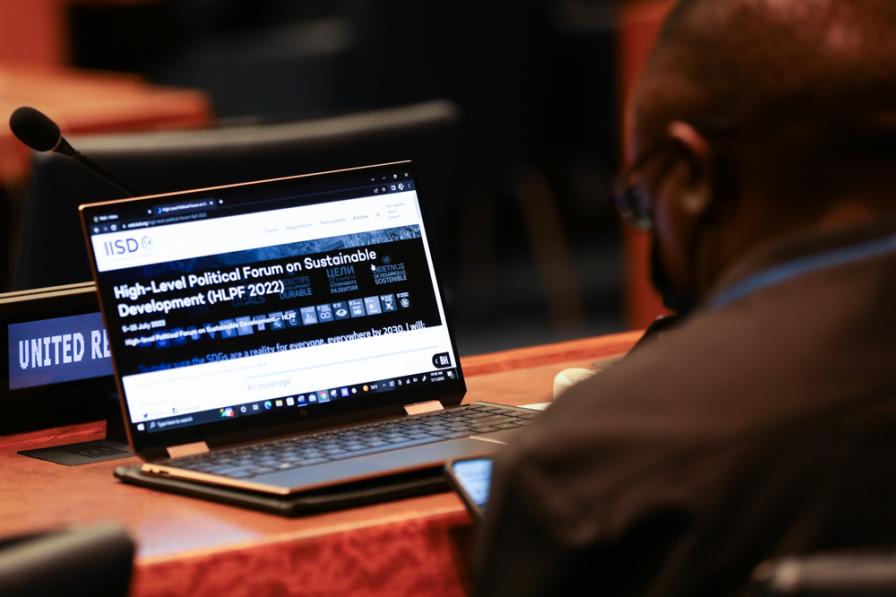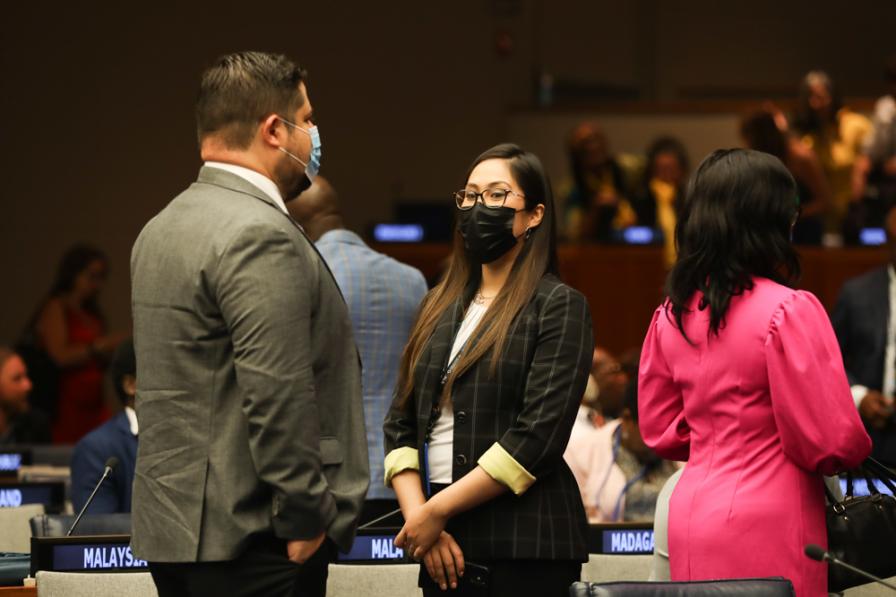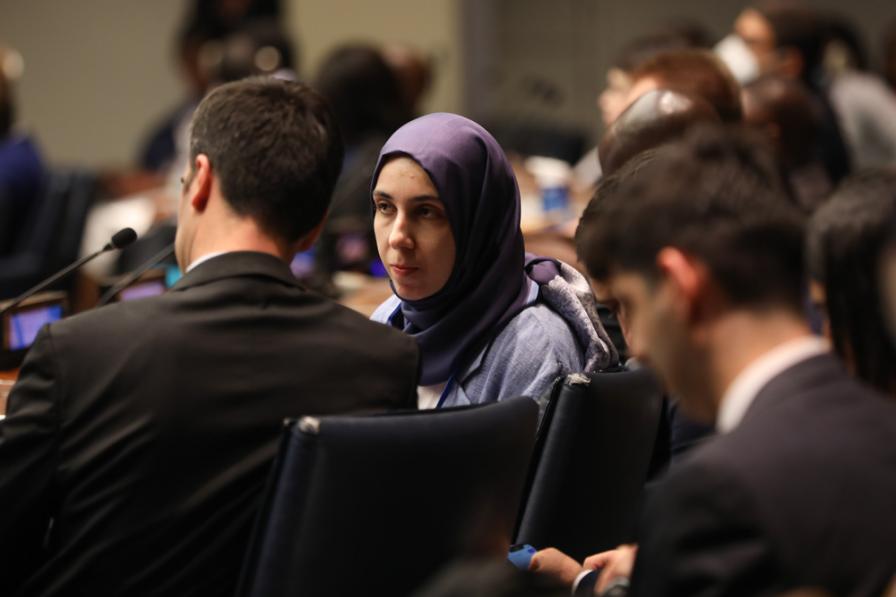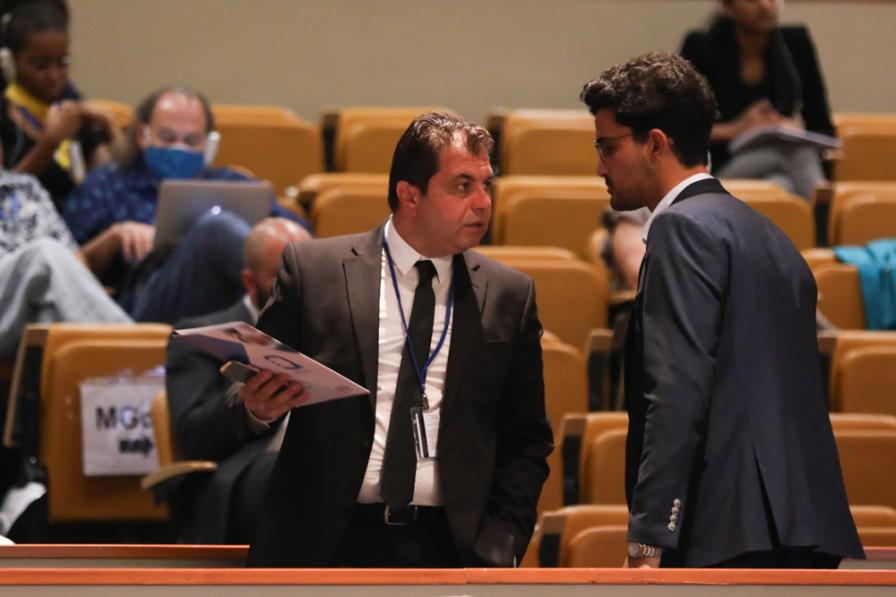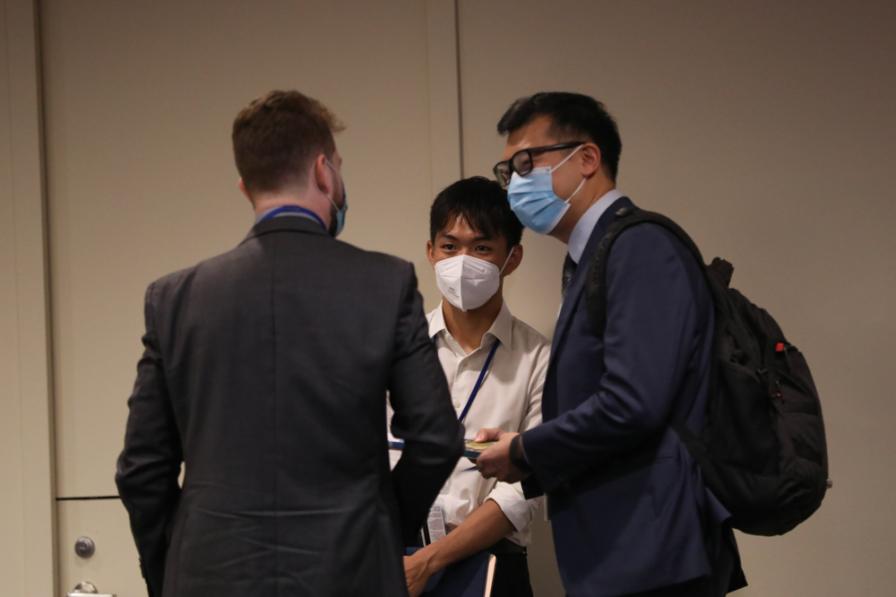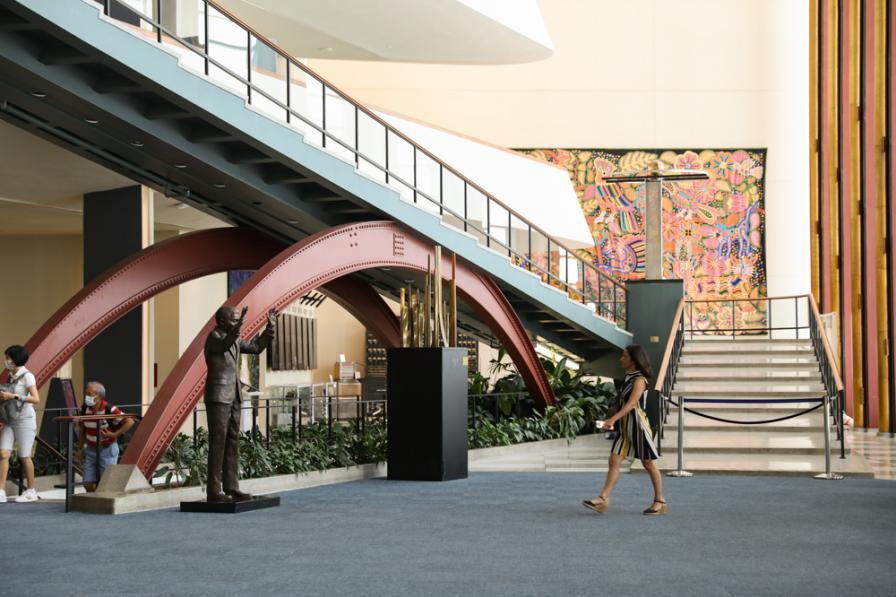HLPF concluded its focus on five SDGs with a morning discussion of progress on SDG 15 (life on land). Speakers highlighted the need to value ecosystem services and forests to increase protection of nature. During the afternoon, speakers considered how to build back better in Small Island Developing States (SIDS), including through the development of a Multidimensional Vulnerability Index (MVI).
To dive deeper, read the full Earth Negotiations Bulletin daily report.
During the discussion on SDG 15, presenters and discussants stressed the need to better value nature and its services and emphasized the need for a strong outcome from the 15th meeting of the Conference of the Parties to the Convention on Biological Diversity (CBD COP 15), which will take place in December 2022.
Delegates considered the need to: achieve Aichi Biodiversity Target 11 on the designation of protected areas; implement a whole-of-society approach to nature-based solutions; criminalize ecocide; agree on a new, ambitious global biodiversity framework at CBD COP 15, including finances to support it; and implement the Regional Agreement on Access to Information, Public Participation and Justice in Environmental Matters in Latin America and the Caribbean (Escazu Agreement).
Delegates also presented achievements and ongoing activities in reforestation, and stressed the importance of, inter alia: political commitments, law enforcement, and financing; inclusive growth for all; creating jobs while reversing the trend towards growing informality in the labor sector; and preventing exploitation of natural resources by markets.
Forty-four countries will conduct VNRs at the 2022 HLPF, of which 11 countries will be presenting for the first time, 28 for the second time, three for the third time, and two for the fourth time. On Monday, Togo and Uruguay presented the first two reviews at HLPF 2022.
In presenting the country’s VNR, Victoire Tomegah Dogbé, Prime Minister, Togo, delivered a video address that highlighted key areas Togo has invested in: strengthening the digital economy; improving access to education; gender equality, including through the African Women Programme of Excellence; cash transfers to the most vulnerable during COVID-19; public-private partnerships; the blue economy, and a national reforestation programme.
Isaac Alfie, Director of the Office of Planning and Budget, Uruguay, highlighted, inter alia, a COVID-19 vaccination rate of 80% in his country; investments in educational platforms and women’s employment and professional development; the integration of climate change considerations in economic policies and public financing planning; efforts to electrify public transport; the establishment of a local network to promote alignment of businesses with the SDGs; and two major programmes to enhance the financing of ecosystem protection.
During the afternoon, Co-Chair of the Multi-Dimensional Vulnerability Index (MVI) Panel Prime Minister Gaston Browne, Antigua and Barbuda, pointed to the UN Secretary-General’s guiding principles on the MVI, including that the indicators should represent multidimensionality, universality, exogeneity, availability, and readability. Speakers stressed the need for engagement and participation in the development of this index.
All ENB photos are free to use with attribution. For HLPF 2022, please use: Photo by IISD/ENB | Kiara Worth.
To receive free coverage of global environmental events delivered to your inbox, subscribe to the ENB Update newsletter.
SDG 15 and Interlinkages with other SDGs – Life on Land
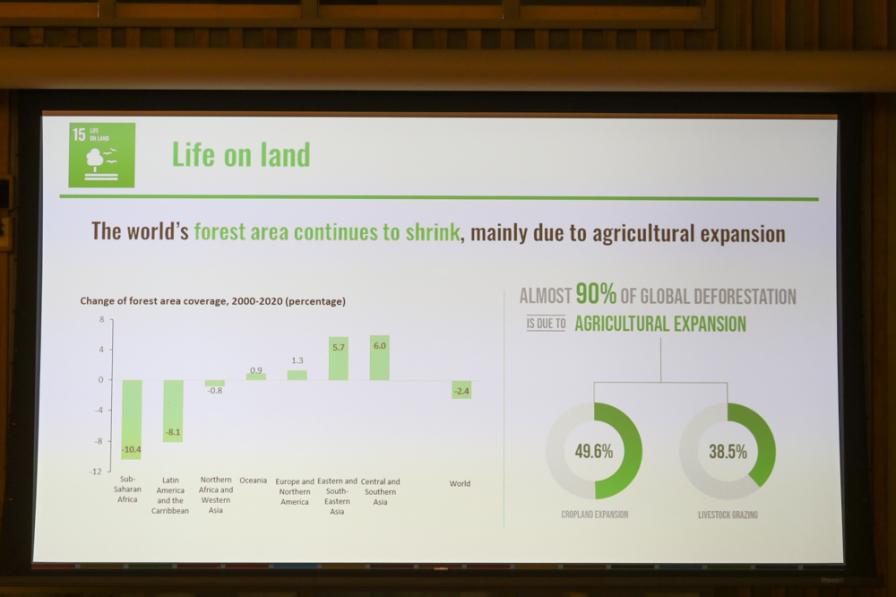
A slide highlights the challenges of protecting forest cover as discussions turn to SDG 15 - life on land
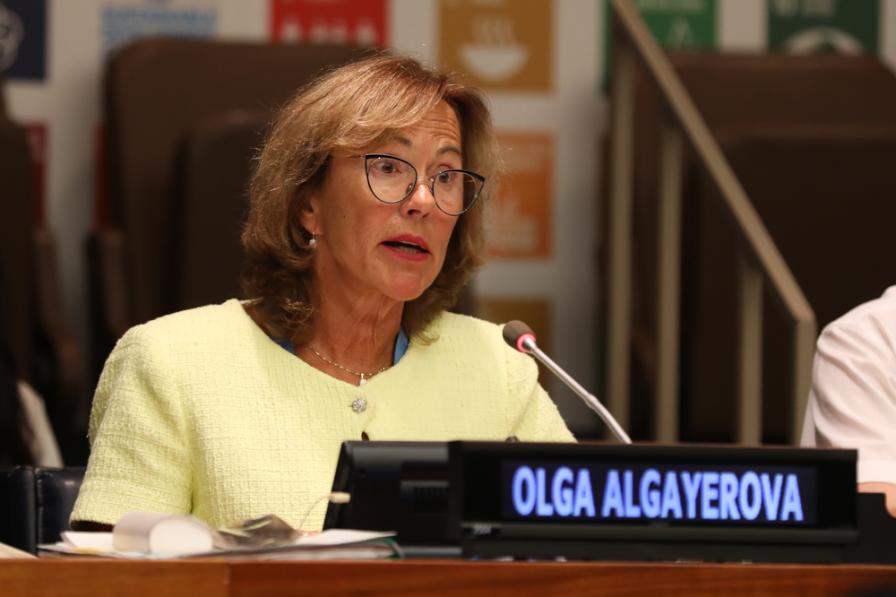
Olga Algayerova, Executive Secretary, UN Economic Commission of Europe (UNECE), and Coordinator of the Regional Commissions
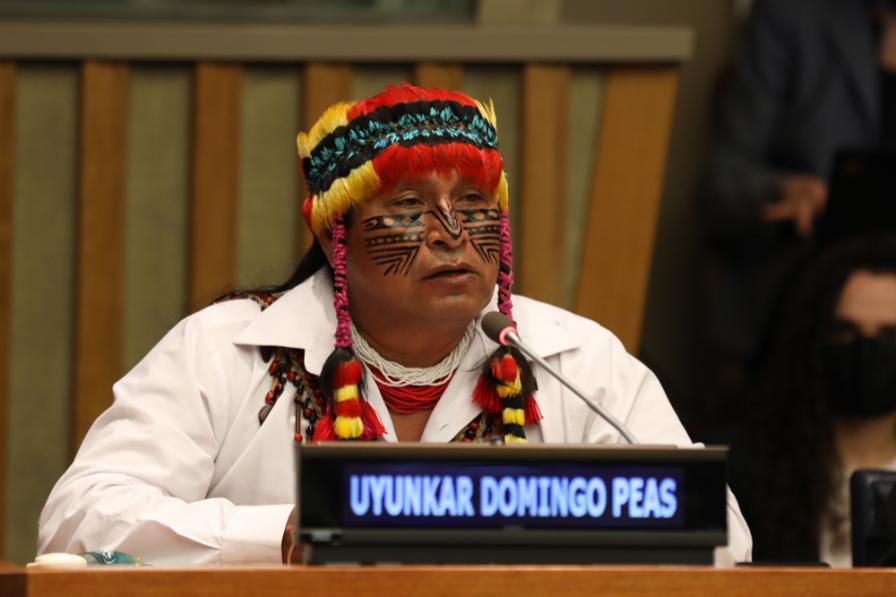
Uyunkar Domingo Peas, Ecuador’s Achuar people, and representative for the Confederation of Indigenous Nations of the Ecuadorian Amazon
